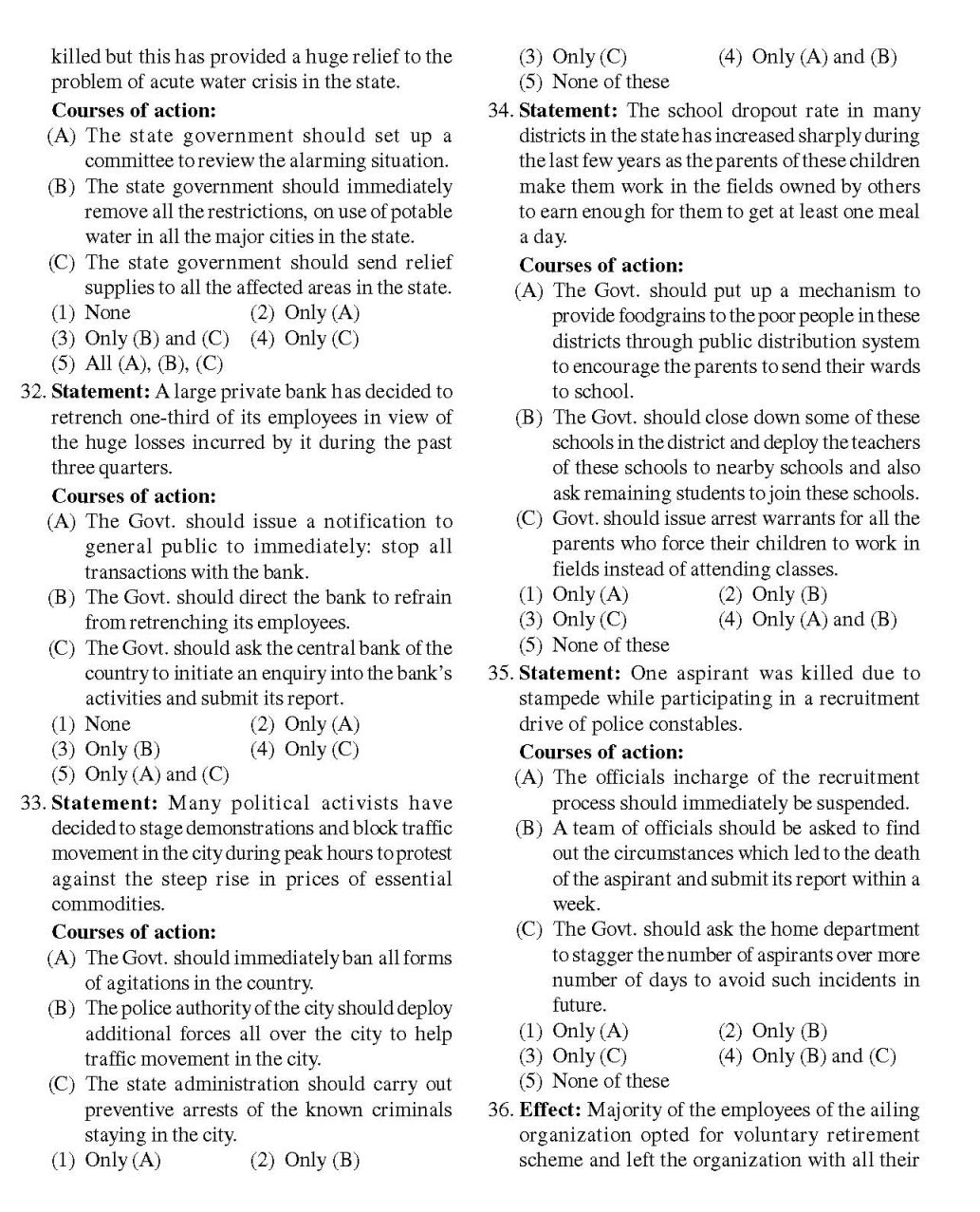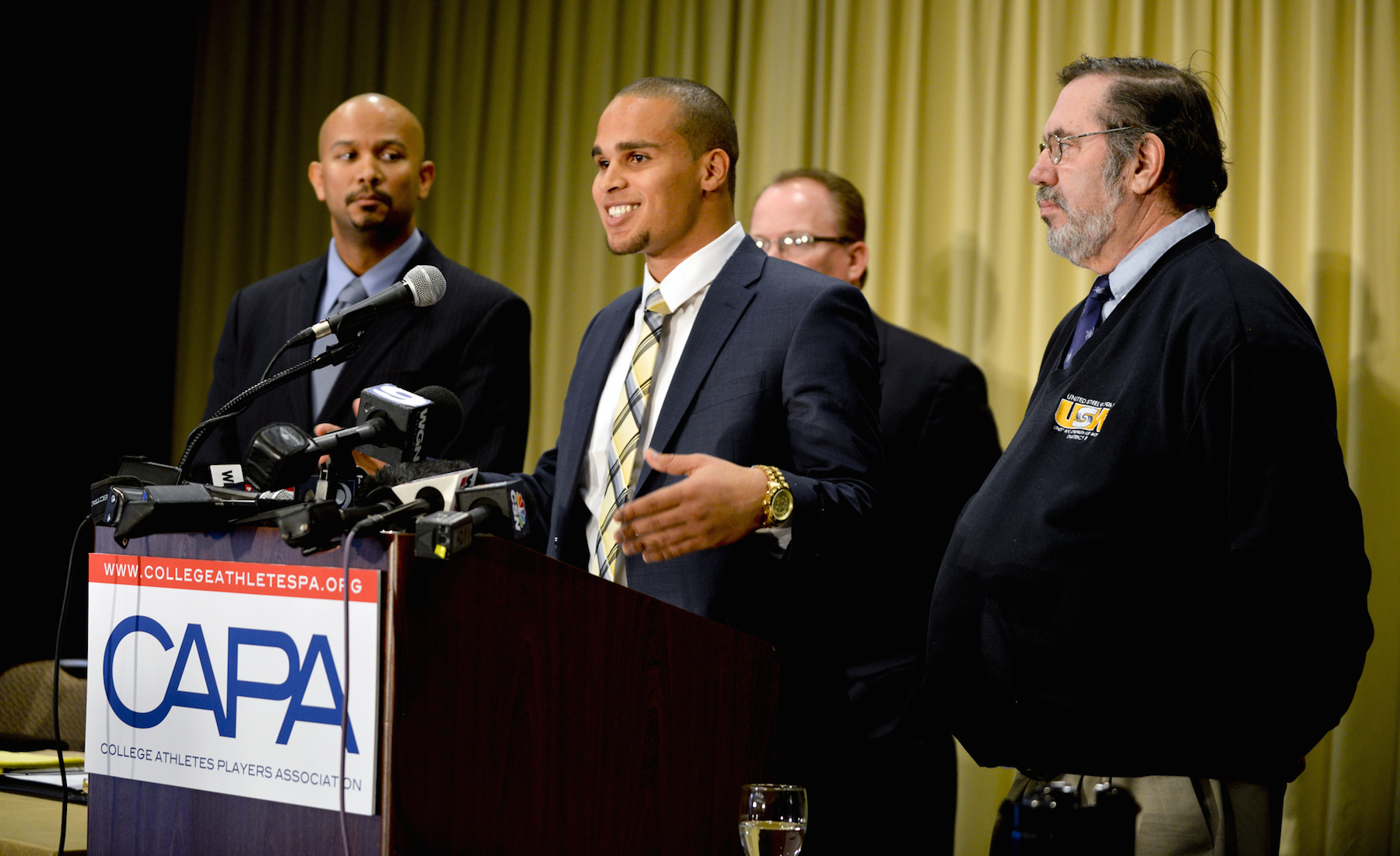Macbeth Text Analysis - Act 2 Scene 1 Essay Example.
Act 3 Scene 1 of William Shakesepare's Macbeth Background King Duncan, has been murdered by Macbeth, and Macbeth is crowned King of Scotland. Banquo is back in the royal castle of Forres, and we find out, that he has been observing the recent events and is aware of the witches' prophecies. This.
Get an answer for 'How does Macbeth feel in the soliloquy in act III, scene 1?' and find homework help for other Macbeth questions at eNotes.

Essay Act 1 Scene 5 Of William Shakespeare 's Macbeth. Act 1 Scene 5 is the first scene in which we encounter Lady Macbeth, one of the main characters of the play. She plays a significant part in Shakespeare’s story of Macbeth. We start off the scene with Lady Macbeth reading a letter from her “beloved husband”; it announces Macbeth’s.

This being around final exam time, I’m going to guess this is an answer you’re supposed to know for an upcoming test. Yes, I could give you the answers or you could go to Shmoop, of course, but I’ll actually help you by giving the tools you need.

Act 1, Scene 3 of Macbeth begins with the three witches appearing in a heath, an open unused piece of land, near the battlefield. Thunder rolls. They ask each other what they had been doing. One.

Get free homework help on William Shakespeare's Macbeth: play summary, scene summary and analysis and original text, quotes, essays, character analysis, and filmography courtesy of CliffsNotes. In Macbeth, William Shakespeare's tragedy about power, ambition, deceit, and murder, the Three Witches foretell Macbeth's rise to King of Scotland but also prophesy that future kings will descend from.
Lady Macbeth reads the letter that Macbeth has sent her detailing his meeting with the witches. She immediately sees where the prophecy leads. She realizes, however, that Macbeth would rather simply become King by chance rather than play for the throne, and that he is not a natural hypocrite. She impatiently awaits his arrival so that she may.

Macbeth’s first soliloquy about his changing state of mind is in Act 1 Scene 7(lines 1-28). This soliloquy sees Macbeth contemplating whether or not to kill Duncan and Macbeth is desperately trying to think of reasons that would aid him in the killing of Duncan. Why Was Lady Macbeth Unable To Kill Duncan.

FreeBookSummary.com. Macbeth soliloquy at the start of Act 1, Scene 7, introduces us to a side of Macbeth that has not yet been portrayed earlier in the play. Here, instead of being the courageous and valiant soldier, Macbeth reveals himself to be a man who is being slowly tempted by ambition and power, though not determined enough to take the risks in order to achieve his goal, thus.

By Act 2 Scene II, Macbeth’s soliloquy reveals how guilty he is of the murder he did. He juxtaposes the immensity of his guilt with Neptune’s ocean and even that can’t wash the guilt of blood from his mind. In the play, this soliloquy tells us of Macbeth’s true nature which is in contrast to his destabilising ambition.

Act 1 Scene V - Lady Macbeth’s soliloquy She has just received a letter from Macbeth explaining the witches’ prophesies. She has heard that the King (Duncan) is to visit their castle. She has decided to kill, or get Macbeth to kill Duncan. Here.

The Relationship of Macbeth and His Wife in Act 1 Scene 5 and 7. The Relationship of Macbeth and his wife in Act 1 Scene 5 and 7 From the beginning of the play, the relationship between Macbeth and his wife seem to be the expected partnership in romance, however, as the play progresses, our expectations seems to change for the worst.

Macbeth is one of the most famous plays written by William Shakespeare. The play tells the story of Macbeth, Thane of Glamis whose dark ambition will lead him to murder the king and take his crown. This passage is Macbeth’s first soliloquy extracted from the Scene I of Act II, also known as the “dagger scene”. This is the scene that.



/1958_autobiography_F1497_059.jpg)